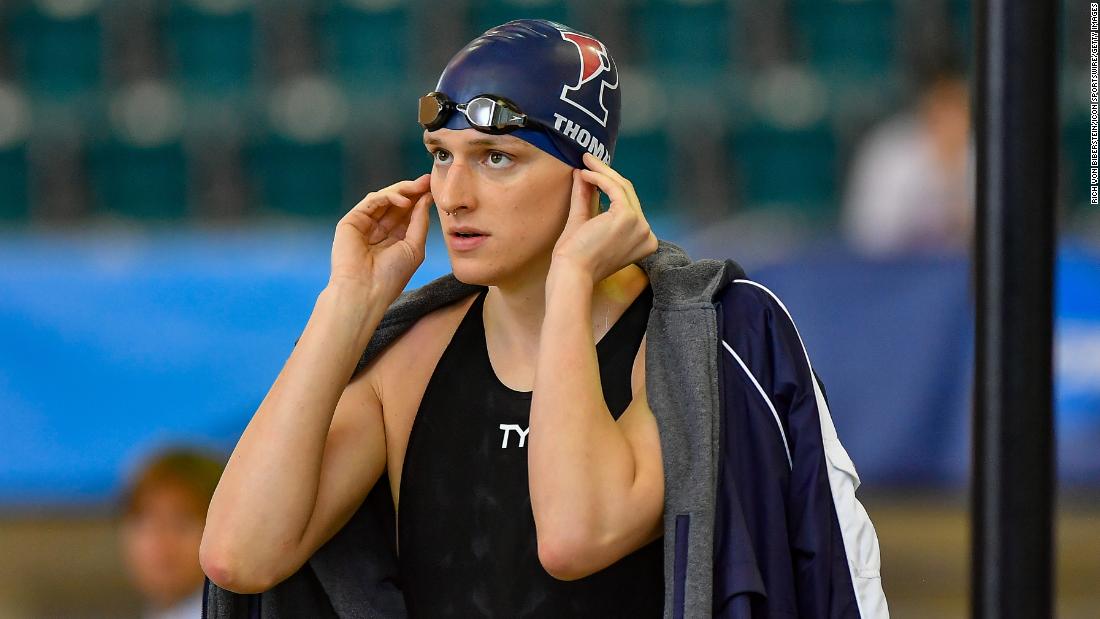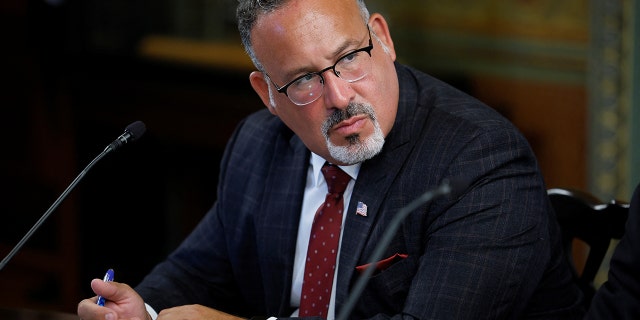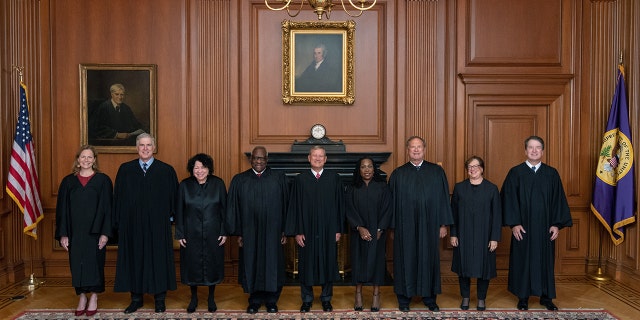Title IX Lifts the Ban of Transgender Sports

Lia Thomas, the first transgender athlete to win an NCAA D-1 Title | Photo Source
In a previous post, I examined Connecticut’s policy on transgender sports participation in schools, which allowed any transgender female to participate in girls’ high school sports. Back in February, this rule was under review and subject to change in the state of Connecticut. However, with the Biden Administration’s most recent announcement, the ban on transgender participation in sports may be settled once and for all.
The Issue
On April 6, 2023, the United States Department of Education announced a proposed change to Title IX. Signed into law on June 23, 1972, Title IX states that “no person in the United States shall, on the basis of sex, be excluded from participation in, be denied the benefits of, or be subjected to discrimination under any educational program or activity receiving Federal financial assistance.” The Biden Administration’s latest proposal hopes to uphold the promises of Title IX by preventing schools and colleges across the nation from banning nonbinary and transgender students from participating in athletics.
“Every student should be able to have the full experience of attending school in America, including participating in athletics, free from discrimination,” stated United States Secretary of Education Miguel Cardona.

United States Secretary of Education, Miguel Cardona | Photo Source
With this proposed amendment, any policy that bans transgender students from participating on sports teams consistent with their gender identity is in direct violation of Title IX. The policy does recognize that in some instances, specifically in competitive high school and collegiate athletic environments, schools may adopt their own policies that limit transgender students’ participation. However, even with this flexibility, the Federal Government will continue to provide a framework to protect students from discrimination. Before the rule officially goes into effect, there will be 30 days of public comment on the proposition.
The Biden Administration’s proposal comes after the Supreme Court rejected an appeal on Thursday from West Virginia to keep a law in place that bans biological boys from competing on a girls’ sports team. When the West Virginian law was passed in 2021, it was met immediately with a lawsuit from the American Civil Liberties Union (ACLU) and Becky Pepper-Jackson, a transgender middle school student who was prohibited from joining the girl’s cross-country team. The ACLU contended that the law violated Pepper-Jackson’s rights under the 14th Amendment’s Equal Protection Clause and Title IX, thus prompting the Biden Administration to propose a revision to Title IX in the first place.

My opinions
The issue of transgender athletes, specifically biological males who identify as females competing against women in women’s sports, has garnered national attention. Currently, 19 states have banned trans athletes from competing in women’s sports, with Kansas being the most recent. As I stated in my previous post about this topic, I am rather split on the issue. While I do think that transgender athletes should be allowed to compete alongside competitors as the gender they identify with, I understand why conservative legislatures think otherwise. After all, cisgender men are biologically stronger and more athletic than the average cisgender female, so there are biological disadvantages if a transgender girl competes against cisgender girls. However, I think that this proposition unifies both viewpoints into one compromise. With this proposition, transgender athletes are still allowed to participate in sports, but competitive athletic programs still have the flexibility to limit participation if they see fit. This way, individual states continue to have power despite the proposition being a piece of Federal legislation. I will be very interested to see if the ruling goes into effect next month.
But what do you think? Do you agree with the Biden Administration’s proposal, or do you think this is an issue best handled on a state-by-state basis? As always, keep researching, advocating, and talking. Until next time!
Karly Martino
This is such a great post! Being from Connecticut, all of this is so relevant to me as I heard about it all through high school athletics. Also knowing who the people were made me realize even more that it was simply unfair. Men are biologically stronger than women, there is not changing that. I think that it should be a national policy so that everyone has a fair chance.